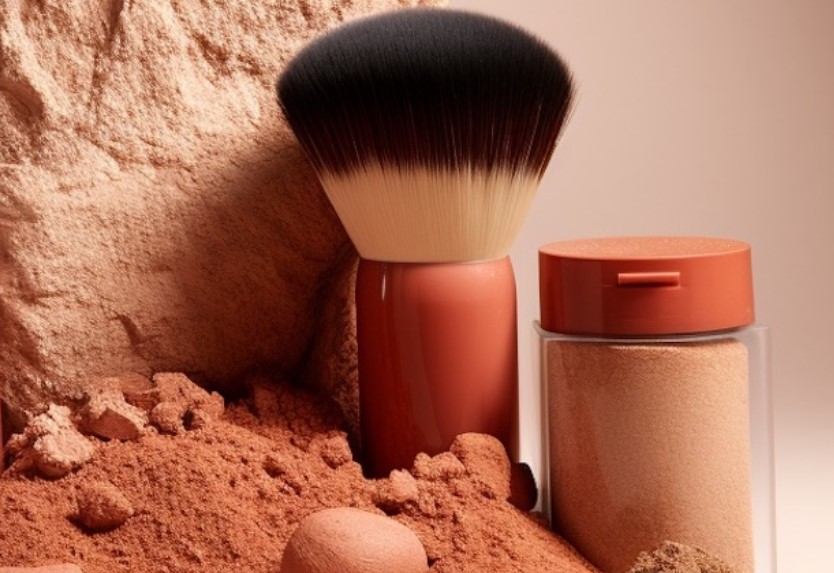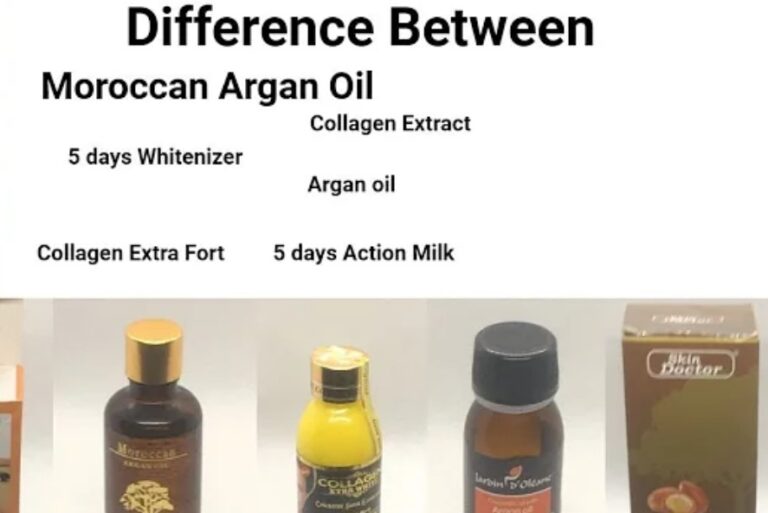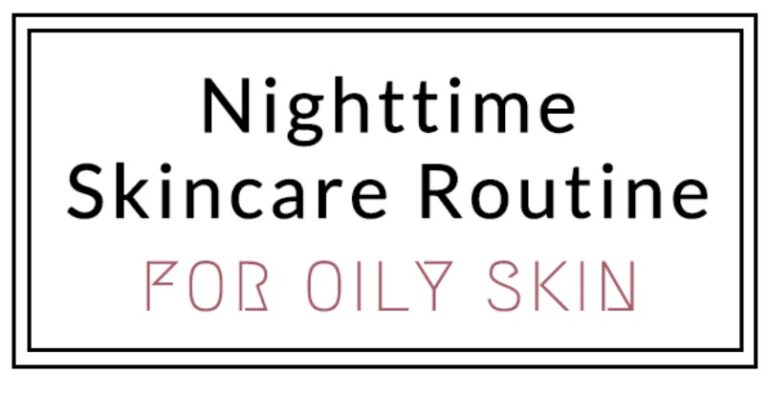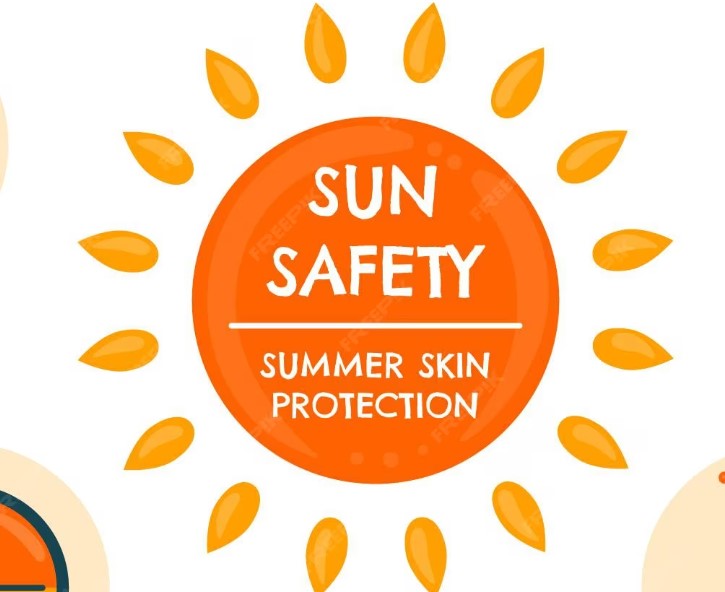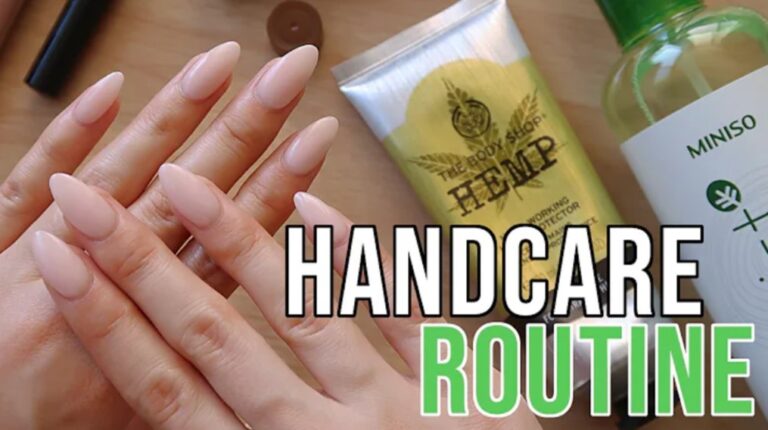Skincare for Frequent Makeup Users
Skincare is essential to any beauty routine, especially for frequent makeup users. Everyone’s skin is unique, so it’s essential to tailor your skincare routine to suit your specific needs.
Wearing makeup regularly can impact the health and appearance of your skin, making it crucial to adopt a skincare regimen that focuses on cleansing, nourishing, and protecting your skin.
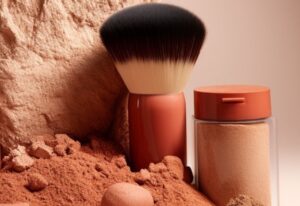
Skincare for frequent makeup users:
- Makeup Removal: Before starting any skincare routine, it’s essential to remove your makeup thoroughly. Leaving makeup on overnight can clog pores and lead to breakouts. Use a gentle makeup remover, micellar water, or cleansing oil to remove your makeup. Follow up with a mild cleanser to remove all makeup traces.
- Cleansing: Cleansing is a crucial step in skincare, as it removes dirt, oil, and impurities that can accumulate on the skin’s surface. Opt for a cleanser suitable for your skin type, whether oily, dry, or sensitive. Look for non-comedogenic formulas that won’t clog pores. Gently massage the cleanser onto your face in circular motions, then rinse with lukewarm water.
- Exfoliation: Regular exfoliation helps remove dead skin cells, unclog pores, and promote cell turnover. However, be cautious not to over-exfoliate, as it can cause irritation and damage the skin’s barrier. Choose a gentle exfoliator, such as a chemical exfoliant with AHAs (alpha hydroxy acids) or BHAs (beta hydroxy acids), providing a more effective and less abrasive exfoliation than physical scrubs.
- Toning: Toning helps balance the skin’s pH levels, remove any remaining impurities, and prepare the skin for better absorption of subsequent products. Look for an alcohol-free toner that suits your skin type. Apply it with a cotton pad or gently pat it onto your skin using your fingertips.
- Moisturizing: Moisturizing is crucial for maintaining healthy and hydrated skin. Even if you have oily skin, don’t skip this step, as dehydration can increase oil production. Choose a moisturizer that suits your skin type and provides adequate hydration without feeling heavy or greasy. Consider using a moisturizer with antioxidants, hyaluronic acid, or ceramides to nourish and protect your skin.
- Sun Protection: Protecting your skin from the sun’s harmful UV rays is essential, especially when using makeup regularly. Opt for a broad-spectrum sunscreen with an SPF of 30 or higher and apply it generously to all exposed areas of your skin. Look for lightweight, non-greasy sunscreens, that and compatible with makeup applications. Remember to reapply sunscreen every two hours, especially if you spend prolonged outdoors.
- Targeted Treatments: If you have specific skincare concerns like acne, dark spots, or fine lines, consider incorporating targeted treatments into your routine. Look for products containing ingredients like salicylic acid for acne, vitamin C for brightening, or retinol for anti-ageing benefits. However, introduce these treatments gradually to avoid potential irritation, and always follow the instructions provided.
- Hydration: Hydrating your skin from within is equally important. Drink plenty of water throughout the day to maintain optimal skin hydration. A balanced diet of fruits, vegetables, and omega-3 fatty acids can contribute to healthy skin.
- Makeup Application Tips: When applying makeup, there are a few additional tips to keep in mind:
- Start with a clean and moisturized face to create a smooth canvas for makeup application.
- Use a makeup primer to help create a barrier between your skin and makeup, extend its longevity, and prevent clogged pores.
- Opt for non-comedogenic and oil-free makeup products to minimize the risk of clogged pores and breakouts.
- Remove your makeup as soon as you no longer need it to allow your skin to breathe and recover.
- Clean your makeup brushes and tools regularly to prevent bacteria, dirt, and old makeup buildup.
- Avoid sharing makeup products or tools with others to reduce the risk of contamination.
- Consider using mineral-based or lightweight foundations that allow your skin to breathe.
- Give your skin regular makeup-free days to let it rest and rejuvenate.
- Use gentle and effective makeup removers to avoid excessive rubbing or tugging on your skin.
- Be mindful of the expiration dates of your makeup products and replace them when necessary.
- Consider using a setting spray or powder to help your makeup last longer and minimize the need for touch-ups throughout the day.
- Prioritize skincare over makeup. Focus on keeping your skin healthy, nourished, and protected, as this will enhance the overall appearance of your makeup.
